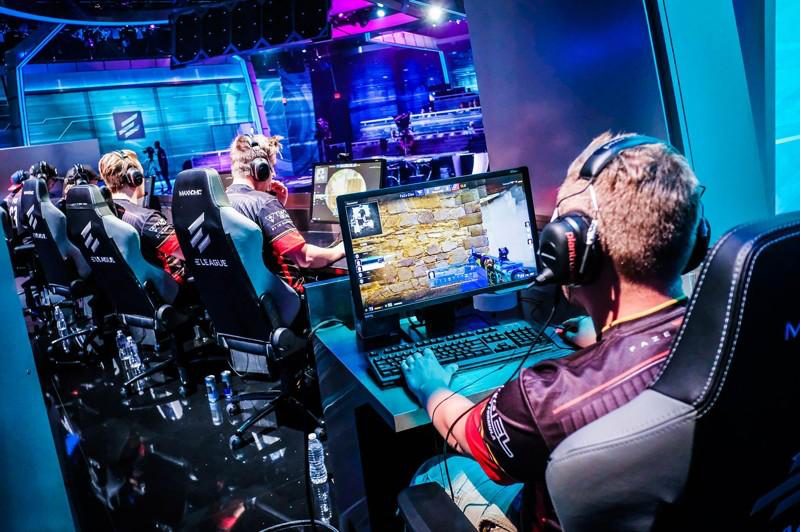In the sprawling landscape of digital entertainment, two terms often intermingle yet embody distinct realms of engagement: gaming and esports. While both involve interaction with electronic games, their essence, culture, and impact diverge in significant ways. In this exploration, we dissect the nuanced differences between gaming and esports, shedding light on their respective roles within the multifaceted world of digital competition.
Gaming: A Realm of Diverse Enjoyment
At its core, gaming encompasses a broad spectrum of interactive experiences, ranging from casual mobile diversions to immersive narrative-driven adventures and intricate strategy simulations. It encapsulates the act of playing electronic games for leisure, enjoyment, and personal fulfillment, without the explicit pursuit of competitive excellence or professional recognition. Gamers engage with a myriad of genres, platforms, and play styles, driven by a desire for entertainment, escapism, and social connection.
Gaming transcends demographics and boundaries, welcoming players of all ages, backgrounds, and skill levels into its fold. It fosters creativity, exploration, and self-expression, empowering individuals to immerse themselves in virtual worlds, conquer formidable challenges, and forge lasting memories. Whether embarking on epic quests, honing reflexes in fast-paced shooters, or cultivating virtual communities, gaming serves as a versatile canvas for personal enjoyment and cultural enrichment.
Esports: The Intersection of Competition and Spectacle
In contrast, esports represents a specialized subset of gaming centered around organized competitive play and spectatorship. It encompasses professional tournaments, leagues, and events where skilled players and teams compete for prestige, prize money, and recognition on a global stage. Esports titles span various genres, including multiplayer online battle arenas (MOBAs), first-person shooters (FPS), real-time strategy (RTS) games, and fighting games, each with its own dedicated fan base and competitive ecosystem.
Unlike casual gaming, esports demands a high level of skill, strategy, and teamwork, as players vie for supremacy against formidable opponents in structured, often televised or livestreamed competitions. Esports athletes undergo rigorous training regimens, hone their reflexes, and cultivate specialized strategies to excel in their chosen games, mirroring the dedication and discipline of traditional athletes. Spectators, meanwhile, are drawn to esports for the thrill of intense competition, the spectacle of high-level play, and the communal camaraderie fostered by shared fandom and live events.

Conclusion: Embracing Diversity within Digital Competition
In essence, the distinction between gaming and esports lies in their focus, intent, and cultural significance within the broader landscape of digital entertainment. Gaming encompasses the diverse spectrum of interactive experiences enjoyed for leisure and personal fulfillment, while esports represents the pinnacle of competitive gaming, characterized by organized tournaments, professional athletes, and global spectatorship.
As gaming and esports continue to evolve and intersect, it is essential to celebrate the rich diversity and multifaceted nature of digital competition. Whether engaging in casual play for enjoyment or aspiring to professional excellence on the esports stage, individuals contribute to a vibrant and dynamic ecosystem that transcends geographical, cultural, and linguistic boundaries. Ultimately, both gaming and esports enrich our lives, fostering creativity, camaraderie, and passion within the ever-expanding realm of digital entertainment.


